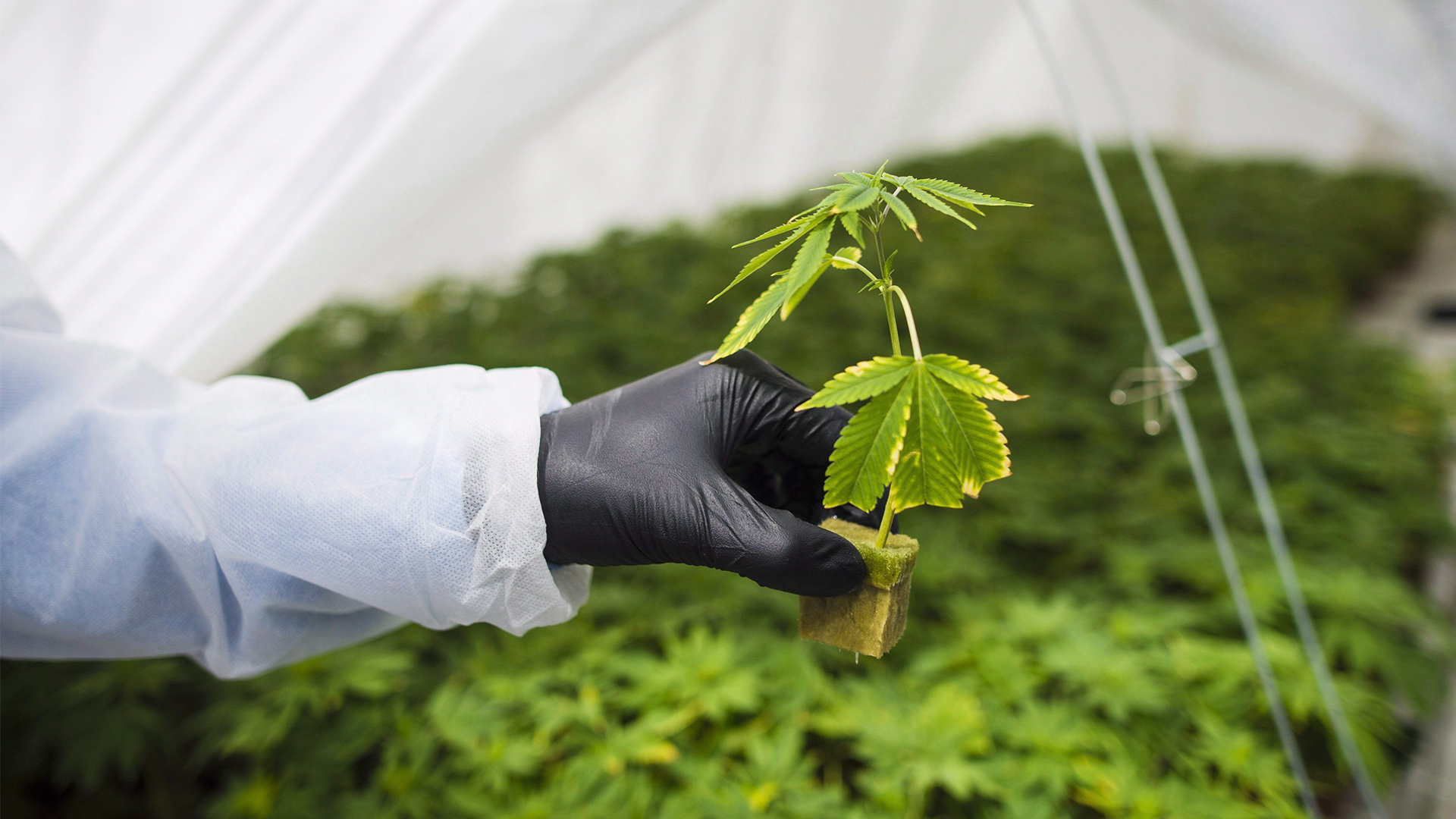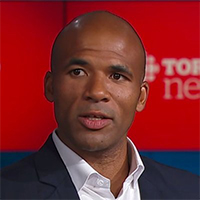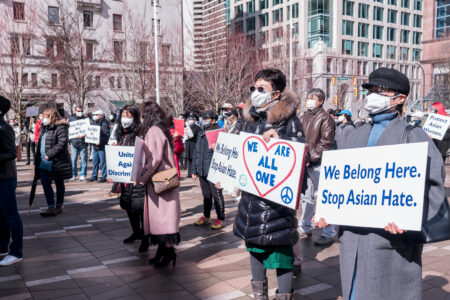
(Version française disponible ici)
Five years after legalization, the landscape of cannabis equity in Canada remains unchanged. Those who are socially marginalized continue to be excluded from the cannabis industry and governments have done little to repair the harms of prohibition.
Black and Indigenous people, overrepresented in possession arrests in Canada, are absent from leadership positions within the industry. This exclusion of communities that have been historically over-criminalized, and the lack of measures to repair past harms, compounds the injustice and falls far short of achieving equity in our approach to legalization.
The Cannabis Act’s legislated review, a requirement for the federal health minister to initiate a review of the adult-use legalization law three years after its 2018 passage and implementation, presents an opportunity to rectify the inequities of Canada’s cannabis policy. This is the chance to forge a new direction. Since its launch a year ago (delayed by the COVID-19 pandemic), the government has made several statements broadening its focus on the lack of participation by Indigenous Peoples and racialized communities in the industry.
Drawing from measures taken by some jurisdictions in the United States, Canada could adopt social equity programs to target marginalized communities and provide avenues of entry into the business while providing additional business and technical support.
Drug policies have been used as a means of policing and controlling racialized populations, leading to their overrepresentation in the criminal justice system. Akwasi Owusu-Bempah’s and Tahira Rehmatullah’s new book Waiting To Inhale describes how Canadian legalization efforts have lagged behind many jurisdictions in the United States in addressing the harms caused by drug prohibition.
Research indicates that those with the greatest financial stake and influence in Canada’s legal cannabis industry are overwhelmingly white men. The underrepresentation of Black and Indigenous people, as well as women, as executives and on boards in the industry perpetuates racial and gender inequities.
An emphasis on diversity in the legal industry was reflected in Canada’s engagement paper for the legislative review. As the expert panel prepares its recommendations for the ministers of Health and Mental Health and Addictions, the inclusion of measures to advance racial justice and social equity is critical.
The Centre on Drug Policy Evaluation (CDPE) has created a guide for the federal government in a new report. A top-line recommendation is that the “purpose” of the Cannabis Act be expanded to “promote social responsibility and social equity in connection with cannabis.”
Expanding the purpose could promote inclusion and diversity and help repair the harms caused under prohibition, like unnecessary incarceration and squandering of criminal justice system resources. The report also suggests ways to facilitate the employment and economic inclusion of individuals from racial groups adversely affected by prohibition.
However, given the industry’s current landscape, which is riddled with challenges from restrictive government policies like excessive taxes, monopolized supply chains, and lengthy product onboarding processes, it may be more practical to explore new, lower-barrier-to-entry opportunities.
This could be establishing non-profit models for producers and retailers, such as member-based sales models like cannabis compassion clubs in countries including Belgium, Spain and Uruguay, or co-operative business models already employed in Canada in other industries.
If market conditions evolve, the implementation of social-equity programs to diversify the broader legal cannabis industry may become more feasible, including providing targeted avenues of entry into the legal cannabis industry, as well as financial and related business/technical support, for members of underrepresented groups.
Other aspects of cannabis equity covered by the CDPE include amnesty for people with previous cannabis convictions, as well as a reinvestment of cannabis taxes. Last year, a broad amnesty bill was passed by the Liberal government – a significant step forward. But limitations to its approach, such as the exclusion of people with charges other than simple cannabis possession, should be addressed to further reduce the stigma and other harms related to criminal records from prior cannabis convictions.
Black Canadians sidelined from cannabis economy
Where are Black Canadians in the cannabis debate?
Provinces need to recognize First Nations authority on cannabis
Tax revenue generated from sales could be invested in communities most negatively affected by drug prohibition – reversing a trend of spending money on policing rather than community supports.
The expert panel has just published its Legislative Review of the Cannabis Act: What We Heard Report, which summarized perspectives shared in consultations held from last December to June 2023. In alignment with recommendations made in the CDPE’s new report, stakeholders have emphasized that the objectives of the Cannabis Act should be expanded to include social equity and diversity. Stakeholders have also called for social-equity programs to facilitate greater industry diversity, a more accessible amnesty process, as well as the allocation of revenues for social-equity initiatives.
A legislative review of the Cannabis Act provides an opportunity to move policy that advances racial and social justice. While the need for tangible actions to create more equitable cannabis policies has been heard by the expert panel, it remains to be seen whether these will be taken up in their forthcoming recommendations. The CDPE’s report will provide insight for the federal government to tackle equity issues and redress harm associated with prohibition.











